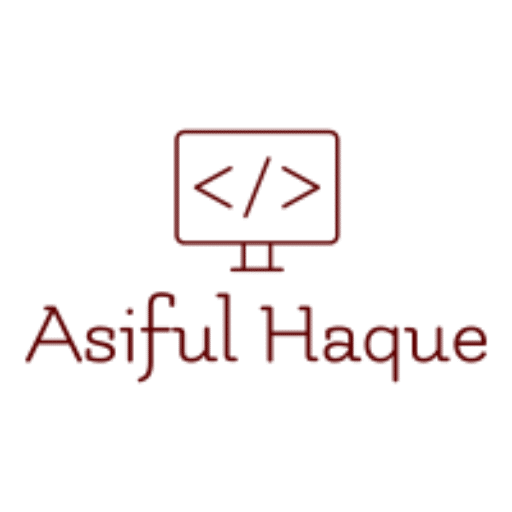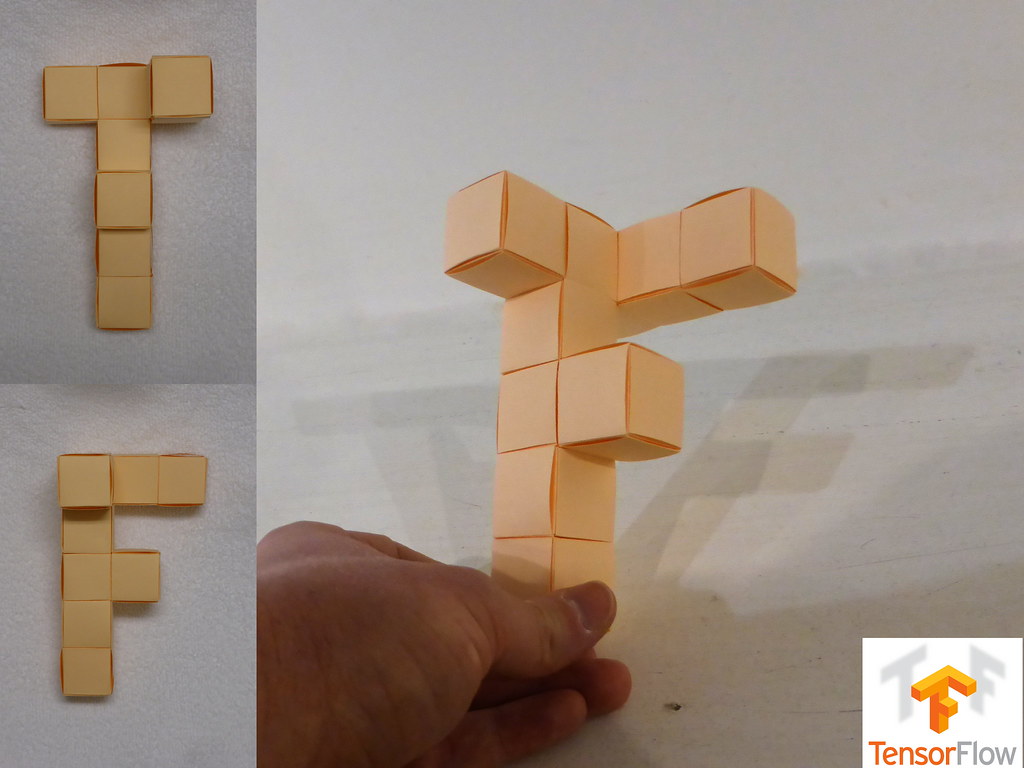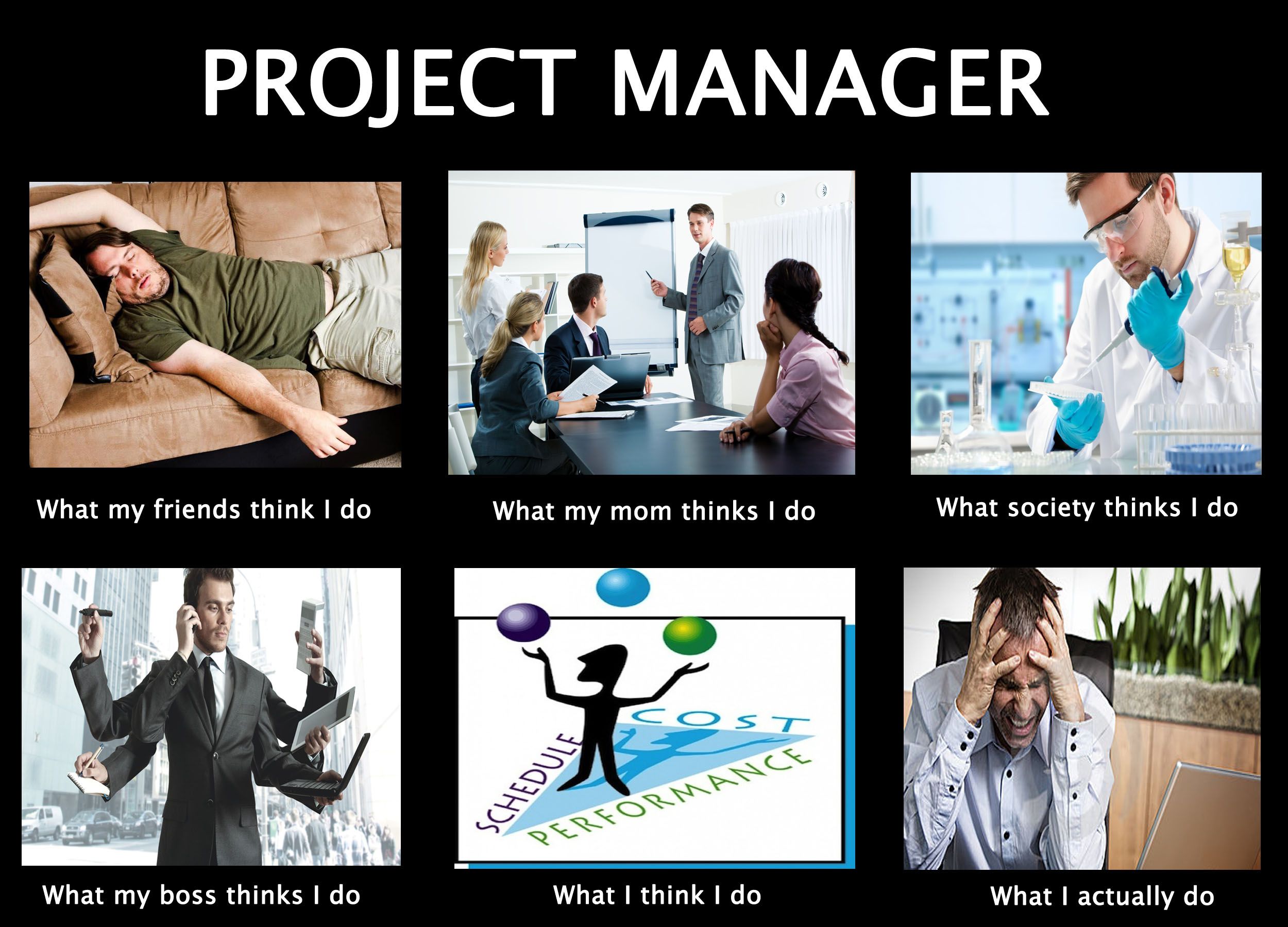Professional MongoDB Mastery: Your 1st Steps in the Data World
MongoDB is a popular, open-source NoSQL database that is famous for its scalability and flexibility. It is designed to store large amounts of data in a flexible, JSON-like format called BSON (Binary JSON). Many organizations uses MongoDB because it allows them to easily store, retrieve, and manage large amounts of data in a way that … Read more




